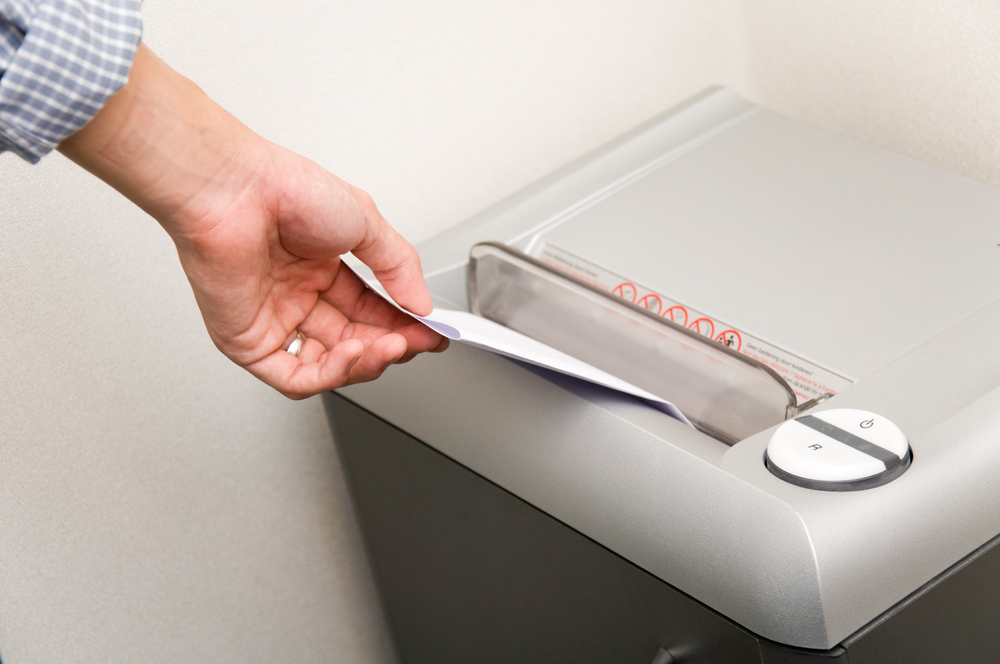Tax season is upon us again, and that means tons of tax documents for individuals and businesses. You have to figure out which of those tax documents to keep and which ones to destroy. Throwing them in the trash, especially documents with birth dates and social security numbers on them, leaves a gold mine for identity thieves. And, if you are a business, you could face fines and may have to pay out settlements if your clients’ data gets into the wrong hands.
Shredding documents not only keeps confidential data confidential, it saves you time and money. Royal Document Destruction was the first shredding company in Ohio to become certified by the National Association for Information Destruction (NAID) even before it was industry requirement. We are always proactive and ahead of the curve. You can even watch us shred your documents, and you’ll get a certificate of destruction when we are done shredding.
What Tax Records Do I Have to Keep?
If you don’t have a tax document retention schedule, you should keep one. It will help you keep your files cleaned up and will lessen the chance of your data – and your clients’ data – getting into the wrong hands. We provide locked shred boxes for businesses. A retention schedule lets you know which documents need to be shredded. After removing them from the files, keep them secure in our locked shred boxes. After you file taxes, you need to keep certain documents for a specific amount of time.
What to Keep for Three Years
After the third year, dispose of:
- Information to support what you claimed on your tax return;
- The tax returns and schedules;
- Documents related to business assets for depreciation; and
- Investment and property records.
What to Keep for Six Years
After the sixth year, dispose of:
- W-2s;
- 1099s; and
- Other proof of income.
What to Keep for Seven Years
After the seventh year, dispose of:
- Any information you have that is related to losses from bad debts; and
- Information related to worthless securities.
If you are an employer, be sure to keep all tax records relating to taxes you paid, whether payroll or other taxes, for at least four years.
Tax Record Retention Time
If you do not use a shredding service, or if your current service is not NAID certified, contact Royal Document Destruction before you start purging your files. We care about our customers and see the shredding/destruction process through from start to finish — ensuring that not only are your materials are stored and shredded appropriately. The material is destroyed to a particle size no wider than 5/8″ shred width (industry standard). Single, double and triple shredding systems provide added quality control.
Create a document retention schedule, especially for tax documents because the IRS has a certain number of years to ask you for records to support your tax return. Additionally, keeping your prior tax returns help you file for the next year.
Many people keep tax records for many years, even over seven years. The IRS has a certain number of years to audit you, and those documents are mentioned above. If you do believe the IRS might audit you, you might keep tax documents for an extra year.
Contact Royal Document Destruction
If you need secure shredding, contact Royal Document Destruction to set up a schedule. When you contact us, We guarantee that the certified shredding of your documents meets every legal and regulatory requirement.







